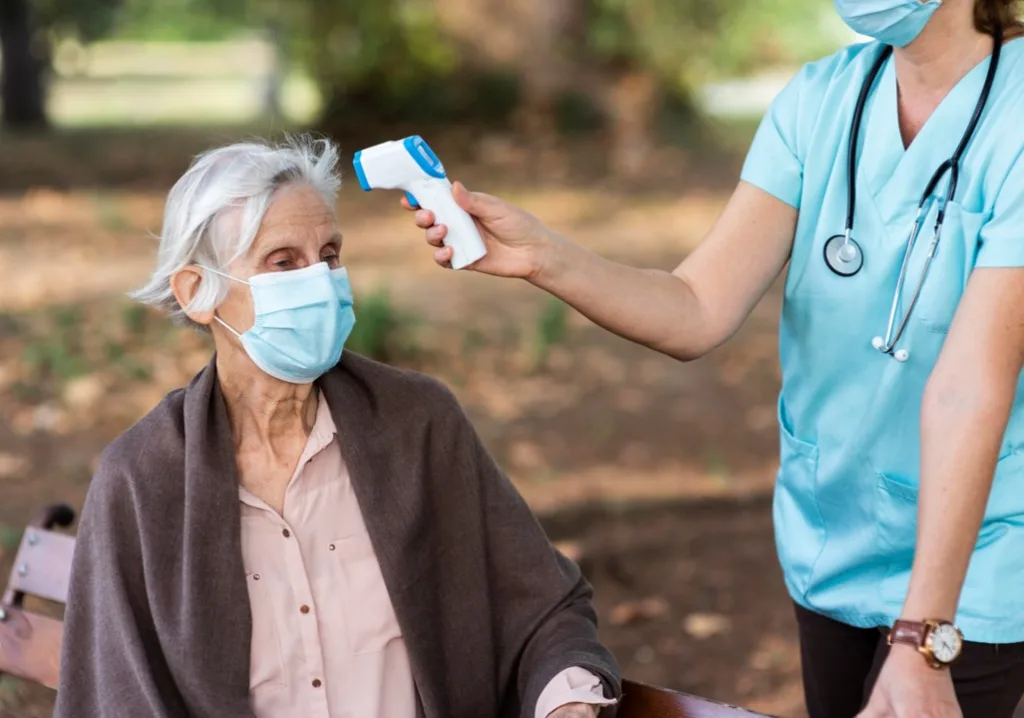Understanding Patient Engagement
Patient engagement is not just a buzzword. Nowadays, healthcare providers and payers realize that patients are more conscious of their role in their health. They want to be informed about diseases they suffer from or are at risk of. They also want easy access to their health records or care plans, such as lists of medicines and recommended activities. Patients love to book appointments easily and access a doctor quickly. They seek real-time access to everything related to their health.
Inclusivity in Patient Engagement
This trend includes the overall population, not just Generation X or millennials, who already have technology at their fingertips. Healthcare providers must also consider the senior population, who are becoming tech-savvy, and those who are not but have caregivers looking for advice and easy access to their loved ones’ health information.
Challenges in the Digital Health Market
The healthcare market offers many digital solutions claiming to solve the patient engagement problem. Healthcare providers need to understand patients’ needs. They must adopt technology that integrates smoothly into their workflows, fits their budgets, and is easy to use.
Patient Engagement and Technology
If patient engagement were just a digital solution problem, younger generations would be healthier than older ones. While it’s true that physiological impairments come with age, younger and tech-savvy populations also suffer from or are at risk of multiple chronic conditions. In the USA, unhealthy lifestyles, including junk food consumption, sedentary habits, alcohol consumption, and smoking, contribute to chronic conditions.

Why Chronic Conditions Persist
Despite better access to health information and services, the number of people suffering from chronic conditions is increasing. This indicates that patient engagement goes beyond technology. Even with advanced technology, high patient absenteeism, readmission rates, and ER visits persist. Human interaction remains essential for all generations.
The Importance of Human Touch
Human interaction is crucial in engaging patients in treatments. Millennials, for example, are self-independent but still need reminders about basic health tasks. Technology alone doesn’t work; the human touch is vital. From the doctor’s office to the patient’s home and workplace, human interaction enhances patient engagement.

Improving Patient Experience
Improving patient experience involves enhancing user experience. Before implementing technology, healthcare practices should ensure they don’t lose the human touch. Whether through video consultations or waiting room interactions, the experience should be positive for patients. Simple gestures, like greeting patients by name and training staff in human relations, make a big difference.
Creating a Comfortable Environment
When patients spend time in the waiting room, make it comfortable for them. Treat them like guests in your home, engaging in conversations about their interests. Keep in touch with patients after they leave your office through their preferred communication channels and schedule follow-ups.
Leveraging Digital Offerings
Digital offerings can help maintain patient engagement. Analyze how well these offerings fit your practice, their usefulness for patients, and the potential ROI.
How Esvyda can increase patient engagement
Esvyda enhances patient engagement by improving communication among healthcare providers, payers, caregivers, and patients. It combines human touch interaction with technological tools such as telemonitoring of vital signs, lifestyle, and medication. Esvyda’s integrated workflow supports risk assessment, management, and care coordination, creating an efficient healthcare ecosystem in the USA.
By focusing on both technology and human interaction, Esvyda enables better patient engagement and overall healthcare outcomes.


